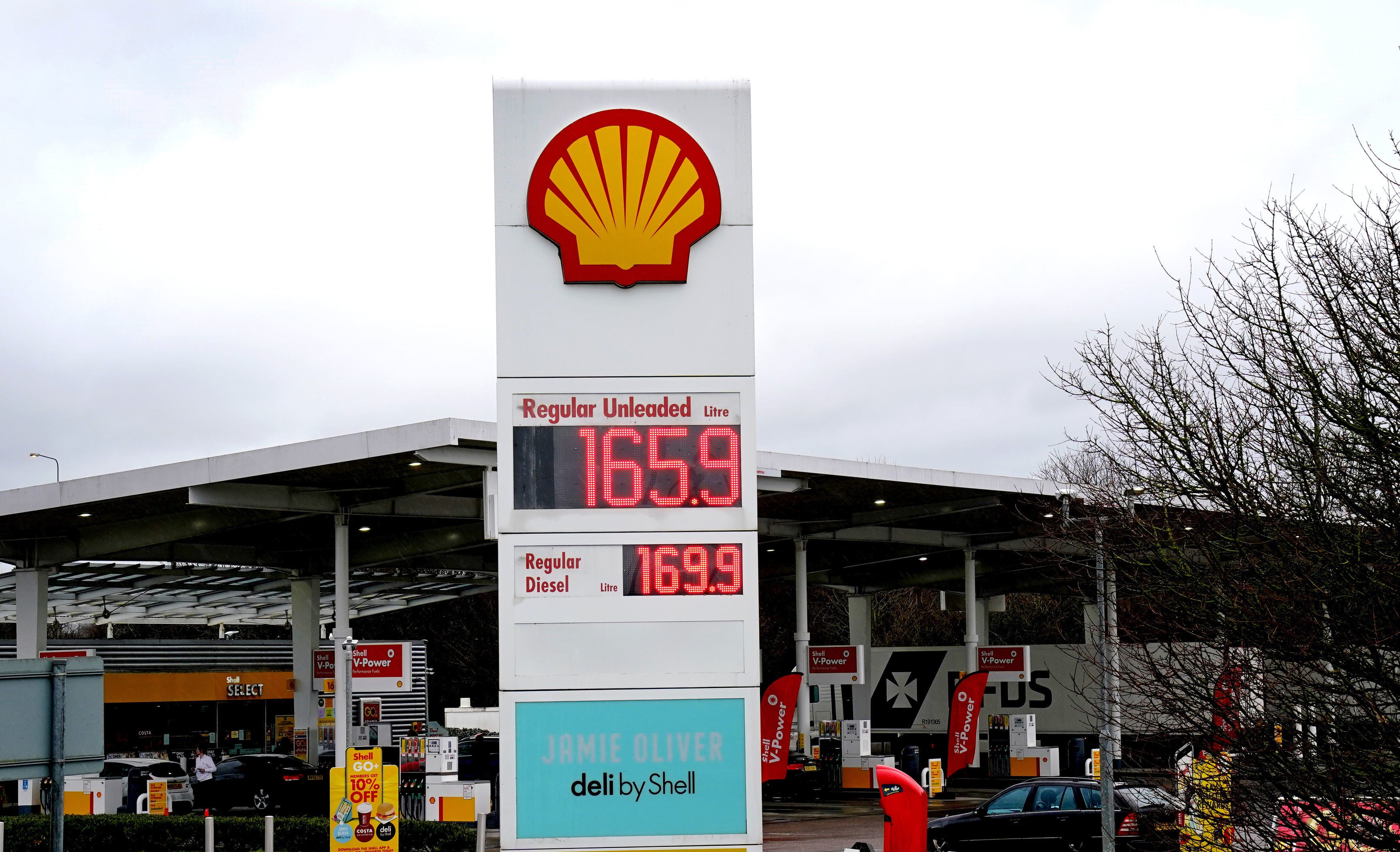Shell directors sued over oil giant’s ‘failure to prepare’ for net zero
Environmental law group ClientEarth says company’s board ‘mismanaging foreseeable climate risk’

Your support helps us to tell the story
From reproductive rights to climate change to Big Tech, The Independent is on the ground when the story is developing. Whether it's investigating the financials of Elon Musk's pro-Trump PAC or producing our latest documentary, 'The A Word', which shines a light on the American women fighting for reproductive rights, we know how important it is to parse out the facts from the messaging.
At such a critical moment in US history, we need reporters on the ground. Your donation allows us to keep sending journalists to speak to both sides of the story.
The Independent is trusted by Americans across the entire political spectrum. And unlike many other quality news outlets, we choose not to lock Americans out of our reporting and analysis with paywalls. We believe quality journalism should be available to everyone, paid for by those who can afford it.
Your support makes all the difference.Directors of oil and gas giant Shell are being sued for their “failure to properly prepare” the company for net zero.
ClientEarth, an environmental law organisation, accused the company’s directors of failing to adopt and implement a climate strategy that “truly aligns” with the Paris Agreement and consequently of breaching their duties under the UK Companies Act.
It is believed to be the first ever lawsuit seeking to hold company directors personally liable for failing to properly prepare for the energy transition.
“We believe that there are sufficient grounds to assert that Shell’s board is mismanaging the material and foreseeable climate risk facing the company,” said Paul Benson, a lawyer for ClientEarth. “If, as we claim, the company’s plan is being held up to be Paris-aligned when it is not, then there is a risk of misleading investors and the market at large.”
The 2015 Paris Agreement’s goal is to limit global warming to well below 2C, and preferably to 1.5C, compared to pre-industrial levels.
ClientEarth says it is a shareholder of Shell and acting in the company’s best interests. It has called on other investors to use their position to help compel the board to adopt a stronger climate strategy. Under the Companies Act, company directors are required to act in a way that they believe will “promote the success of the company.”
According to the company’s website, Shell plans to become a net zero emissions energy business by 2050, “in step” with society’s progress towards the goal of the Paris Agreement. Its annual report says the business has developed an approach to demonstrate alignment with the Paris Agreement, including by setting carbon intensity targets. It says the business continues to engage with the Science Based Targets Initiative to develop a science-based targets for the oil, gas and integrated energy sector.
However, ClientEarth lawyers argue Shell’s strategy does not square with the emissions reductions pathways scientists say are needed to meet that goal and avoid catastrophic climate change.
“The longer the board delays, the more likely it is that the company will have to execute an abrupt ‘handbrake turn’ to retain commercial competitiveness and meet the challenges of inevitable regulatory developments,” Mr Benson said.
A spokesperson for Shell said: “To be a net-zero emissions business by 2050, we are delivering on our global strategy that supports the Paris Agreement. This includes the industry-leading target we have set to halve emissions from our global operations by 2030, and transforming our business to provide more low-carbon energy for customers.”
The spokesperson added that addressing the climate crisis requires action from “all quarters.”
“The energy supply challenges we are seeing underscore the need for effective, government-led, policies to address critical needs such as energy security while decarbonising our energy system,” they said. “These challenges cannot be solved by litigation.”
The legal action comes as Russia’s invasion of Ukraine has shocked energy markets, prompting gas and oil prices to soar. The British government and the European Union have said renewables will be at the heart of their efforts to establish greater energy resilience.
It is not the first time the company has been the subject of legal action over its environmental impact. In May 2021, a court in the Netherlands ruled that the company must reduce its worldwide net-carbon emissions by 45 percent by 2030, compared with 2019 levels. Shell has said it is appealing the ruling.
“It effectively holds Shell, a single company, accountable for a global challenge – reducing consumer demand for carbon-based fuels. What is really needed is action by all: governments, business, customers and wider society,” chief executive Ben Van Beurden said in his 2021 annual review.
Join our commenting forum
Join thought-provoking conversations, follow other Independent readers and see their replies
Comments